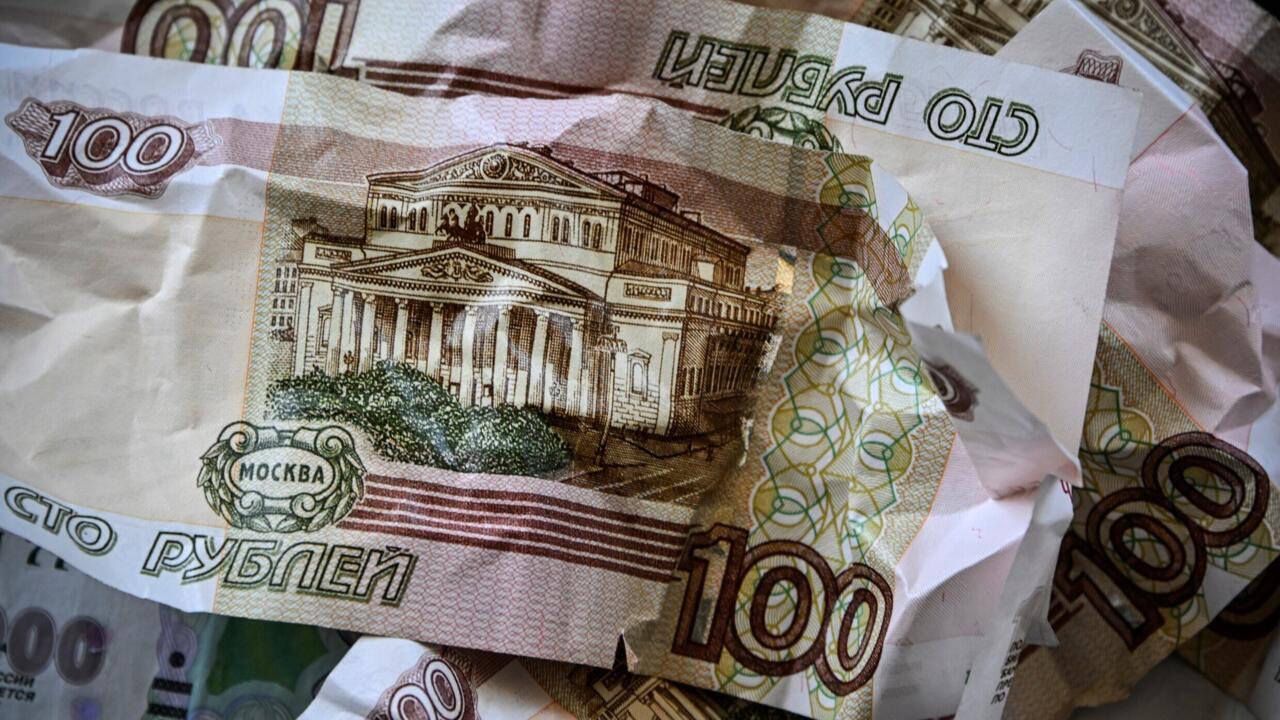cross-posted from: https://feddit.org/post/2778064
Moscow has funnelled billions of dollars to its army, soldiers, their families and weapons makers to sustain its military campaign – a spending splurge that helped it defy Western hopes that sanctions would push it into economic collapse.
But after warning for months that the economy was overheating, the country’s Central Bank has lately started mentioning the possibility of another, possibly more challenging development: stagflation.
“The shortage of (labour) resources may lead to a situation where economic growth slows down, despite all the efforts to stimulate demand, with all that stimulus accelerating inflation,” Central Bank Governor Elvira Nabiullina said over the summer.
“In essence, this is a stagflation scenario, which can only be stopped at the cost of a deep recession,” she warned.
‘De-modernising’
Stagflation – a period of low or stagnant growth accompanied by high inflation – would present a fresh headache for the Kremlin, which has until now navigated the economic fallout of its offensive on Ukraine better than most believed possible.
Moscow has increased government spending by almost 50 percent since sending troops into Ukraine, pushing up growth and wages.
Unemployment is at a record low and consumer confidence is its highest in 15 years.
But an exodus of both skilled and unskilled workers – who fled mobilisation or joined the army – has created millions of unfilled vacancies. Sanctions on Western technology have also hit productivity and damaged supply chains.
“In the long-term these demographic factors and technological issues will result in very low economic growth,” Ruben Enikolopov, a Russian professor at the Barcelona School of Economics, says.
“There is a high probability of a stagflation scenario in 2025 and the years after. It’s not a certainty, but high likelihood,” he added.



This is just western propaganda. Bread has never been cheap or affordable. It has always been a luxury product. Don’t believe the western lies! (/s of course)
Living in Eastern Germany, the percentage of people who actually believe the Russian economy is going great, is quite staggering.
That is so sad :(
You run into them on fediverse from time to time if you haven’t blocked lemmy.ml.
I used to subscribe to
asklemmyandlinuxover there. Until one day, I got a site-wide 30-day ban because I suggested the US not delivering weapons to Ukraine may bring us closer to a NATO-Russia war. I’ve made it a rule not to subscribe to.mlcommunities since. :)Ah, never mind, you’ll bear with it (/satire, just to be safe).
A few numbers more:
Annual inflation in August 2024 was 9.05%, around the same level as in July 2024 when it was 9.13%.
Annual inflation rates in Russia this year (2024):
The slowdown in inflation in August was expected and is explained by the seasonal decline in the price of fruit and vegetables, according to Russia’s Federal State Statistics Service (Rosstat) which these statistics all come from.
In January-August 2024, prices increased by 5.25%. In January-August 2023, prices increased by 3.70% (again, the data comes from Rosstat).
(It is noteworthy that the Jan-Aug 2023 rise of 3.70% is already high.)
As the article also states:
[Edit typo.]
That’s not the worst part, the inflation is there in spite of crazily high 16% central bank loan percentage. Which means no investment possible in the economy.
This has been going on for quite some time now.
Edit : @Melchior 18%. Totally insane.
18% intrest rate.
Jesus, that’s literally a credit card rate